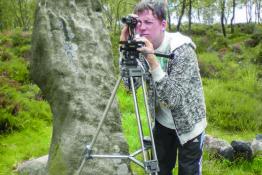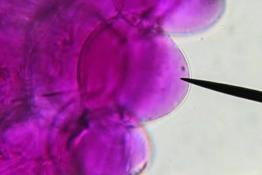What everyone should know about archeans
Issue 349 | Page 37 | Published Jun 2013
Description
For many years biologists supposed that one group of microorganisms, which they called archaebacteria, were an ancient and primitive type of bacteria. Following biochemical analysis of their RNA and other cell components, it soon became clear that their distinct features merited classification in a separate domain, the archea. From an evolutionary viewpoint, they are of considerable interest, not being in any way dependent on photosynthesis but deriving their energy from chemical reactions or heat sources. On the primitive Earth, archean cells, acting as hosts, ingested and retained active photosynthetic and aerobic bacteria.
More from this issue
Field trips and the outdoor classroom are a vital part of many areas of education. Ideally, the content should be taught within a realistic...
African violet (genus Saintpaulia) was identified as a particularly suitable genus for the study of specialised plant cells in the classroom using...
Charles Darwin supposed that evolution involved a process of gradual change, generated randomly, with the selection and retention over many...


